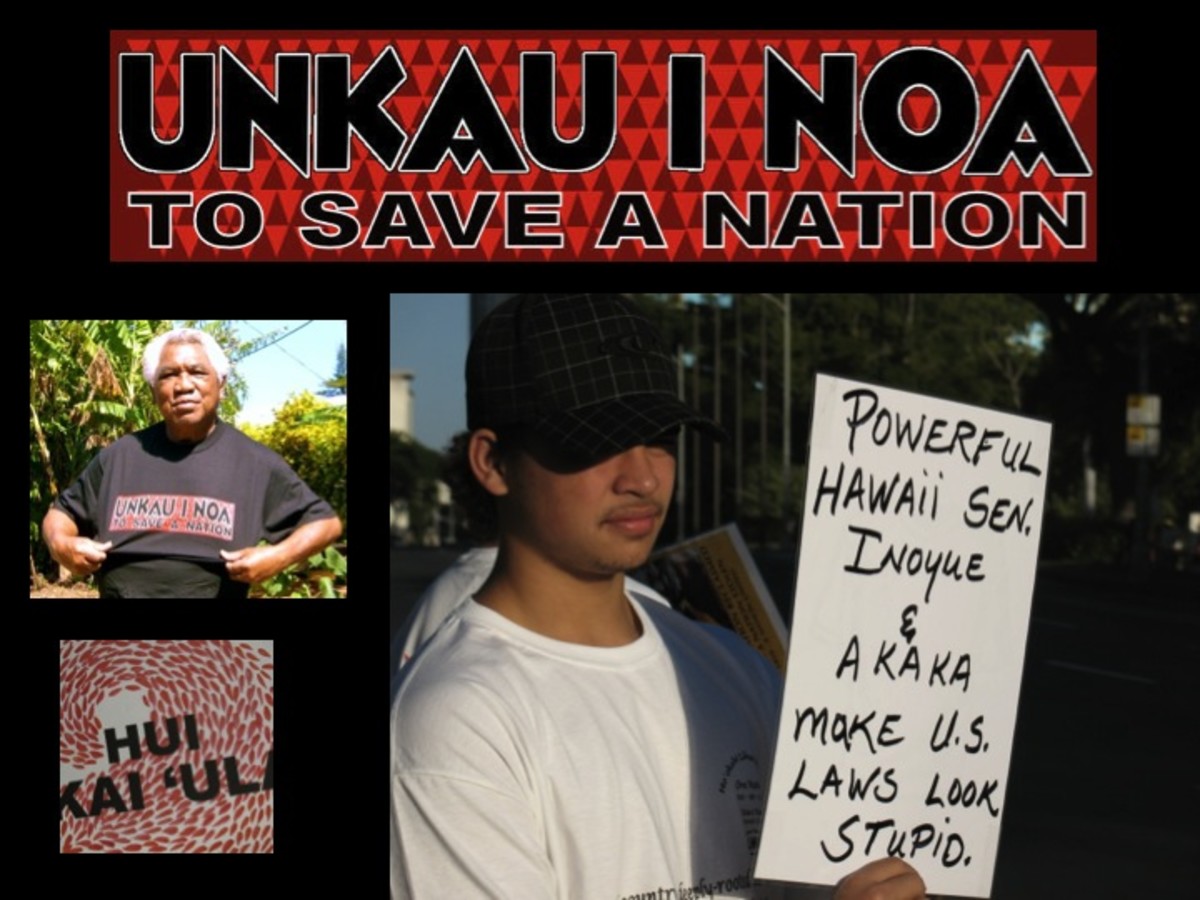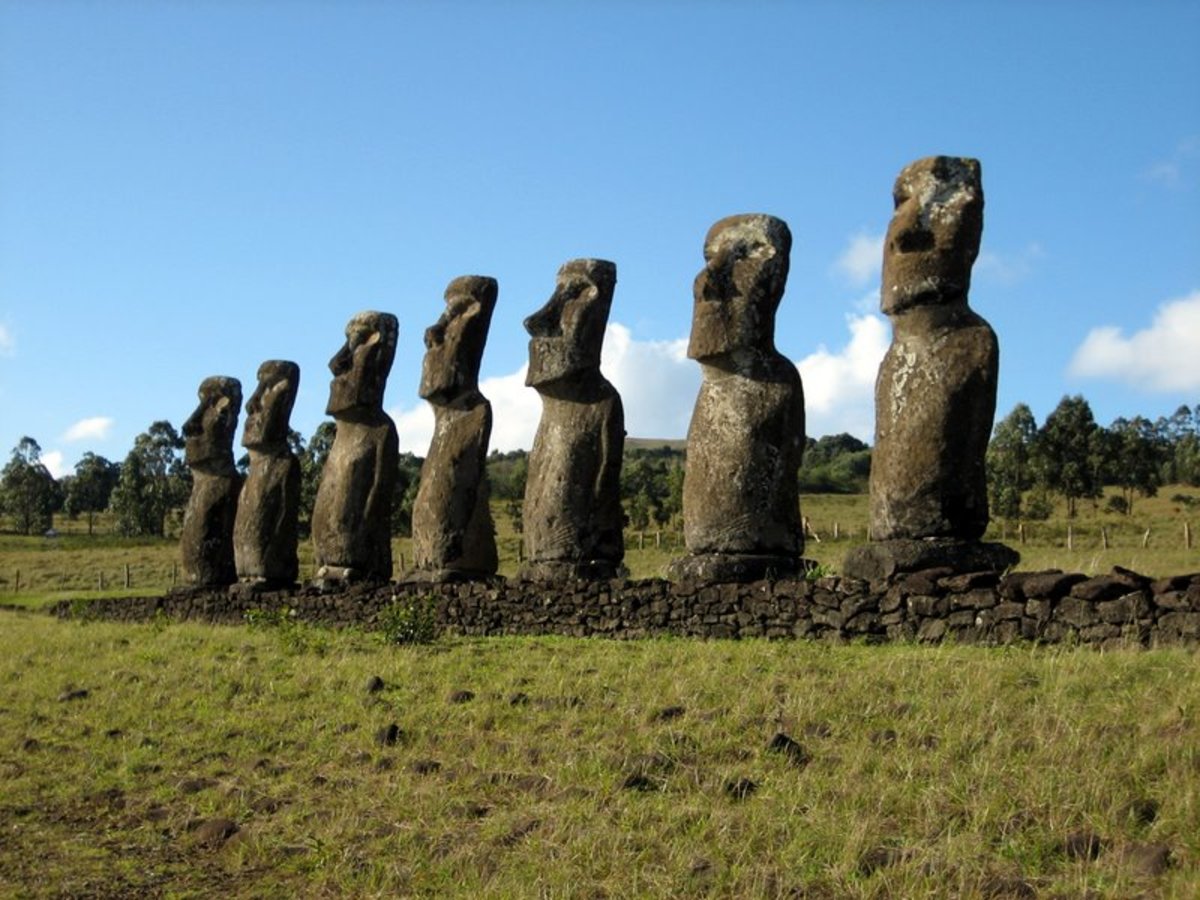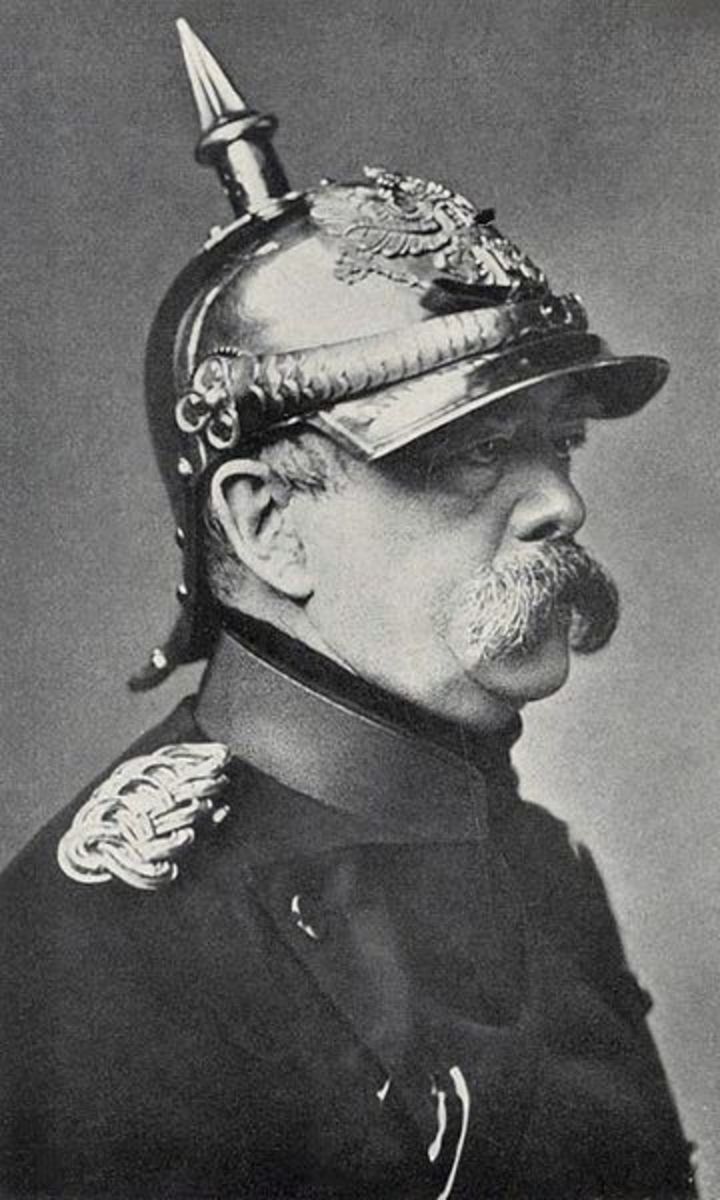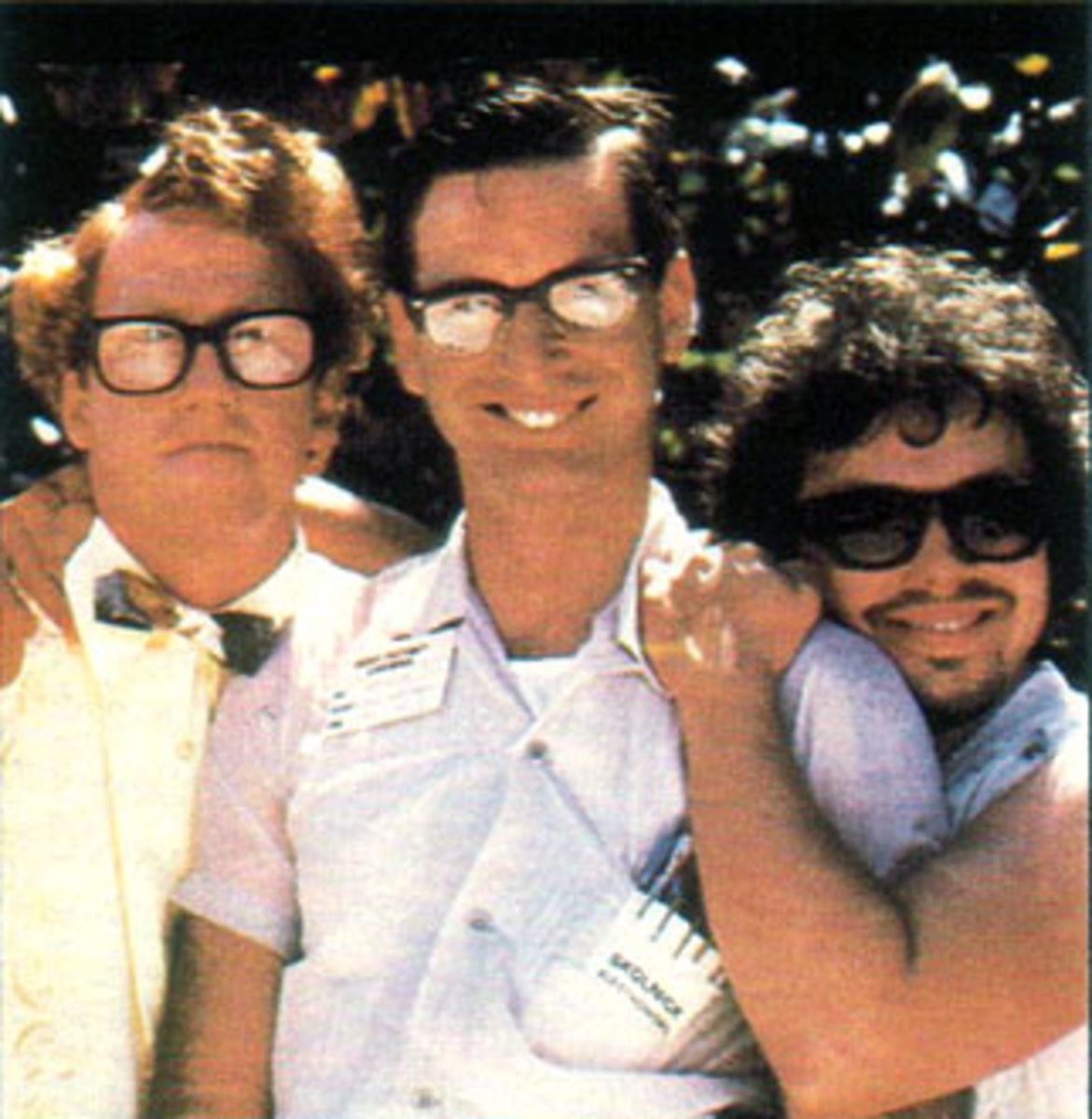A Look at the Rise and Fall of Hawaii's Monarchy
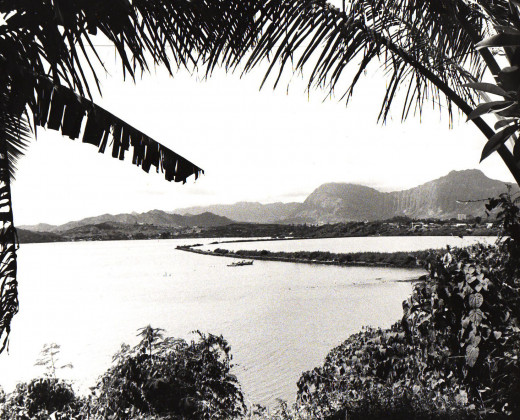
Hawai'i is one of the most popular vacation spots in the United States. It's known for miles and miles of beautiful sandy beaches and crystal blue waters. Approximately 7,368,048 people visited the Hawaiian Islands in 2007, and numbers have remained fairly constant in more recent years. Most tourists stay for a week to two weeks. While the tourism industry undoubtedly boosts Hawaii's economy, what price is being paid by Native Hawaiians who call the Islands home? Could you imagine having the doors to your home wide open for people to come and go as they please...? It's a reality that many don't consider, but for Native Hawaiians it is a reality that they must live every day. In this article I have put together a realistic look at the rise and fall of Hawai'i through the eyes of a Native Hawaiian.

Origins...
Early Spring 300 A.D.
My father, Chief Hawai'iloa, says that we are on a voyage to explore the seas in search of more land for our people to inhabit. We left the Marquesas Islands three weeks ago and haven't found anything yet. I was told that our Polynesian ancestors found the Marquesas Islands while on an exploration like the one we are on now. I hope that we are as successful in our journey as they once were.
I think that we might have to turn around soon because we are running out of food and water. The group is getting restless and most are starting to lose hope. My father says that if we do not find any land by mid-spring we will go back to our island. I am trying to stay hopeful for the sake of our people.
Mid Spring 300 A.D.
We finally found an island. It is beautiful, and there seems to be many different fruits growing wild on the island. We spent the first day fishing because we haven't had a good meal for many weeks. The fish are abundant here. My father says that this island would be ideal for our people to settle. It is a large island, we haven't explored all of it yet, but from what I have seen it looks promising. We are the first ones on this island as far as I can tell, but we are keeping our guard up until we can further explore the island.
Tomorrow we will explore the island on foot. My father wants to be sure that we are the first ones on the island. He also wants to see what else the island has to offer for our people. I don't know how long it is going to take to travel the entire island, but I am looking forward to seeing what else is here. Food and water are no longer a concern, the island is plentiful.

Late Spring 300 A.D.
We traveled the entire island on foot, and we have decided to settle on the island and make a life here for ourselves and our people. My father has named the island Hawai'i. We will begin to grow our own crops and make the island our home.
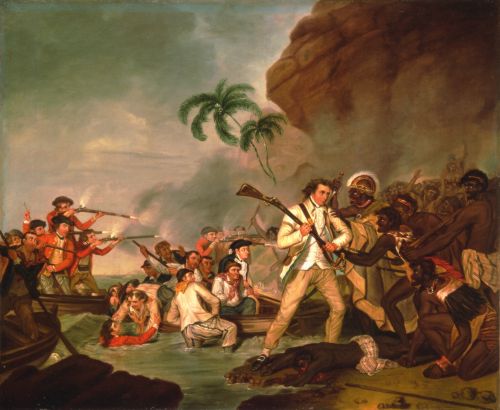
Who Discovered Hawai'i?
There has been some controversy over the years about who discovered Hawaii. Captain James Cook was the first European to discover Hawai'i on January 18, 1778. In some cases the discovery of Hawai'i is attributed to Capt. Cook. However, when Captain Cook first discovered the Island of Hawai'i it was already inhabited by the descendants of Chief Hawai'iloa. So, I'll let you decide for yourself given the facts that you now know. Who discovered Hawai'i? Chief Hawai'iloa, or Captain James Cook?
For more information and history on Captain Cook and his arrival on the Hawaiian Islands, click here.
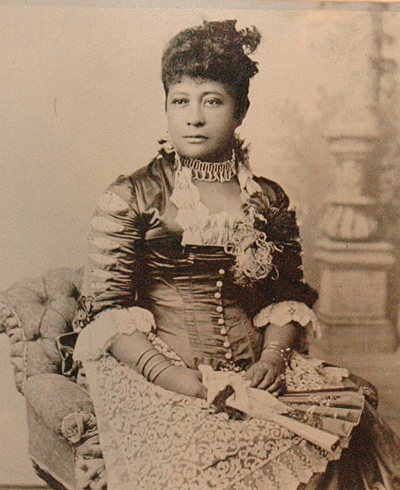
The Fall...
December 12, 1893
Queen Lili'oukalani has been fighting to restore the monarchy to power in Hawai'i, but her efforts seem to be futile. The white people are already taking over our land. I am sure that our ancestors would look down upon the possibility of Hawai'i being taken over by haoles who only care about making money off our land. Queen Lili'oukalani does not want a war. She cares too much about her people to allow innocent lives to be lost. Some of my family members and friends think that we should fight for our freedom and for our land. I don't think we would win.
My grandmother told me a story about our family journeying many miles from the Marquesas Islands, and settling here in Hawai'i. Will the whites take over that island next? It doesn't seem fair...we discovered Hawai'i, how can they take what is not theirs?
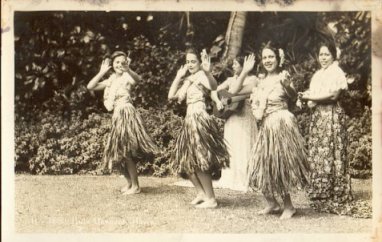
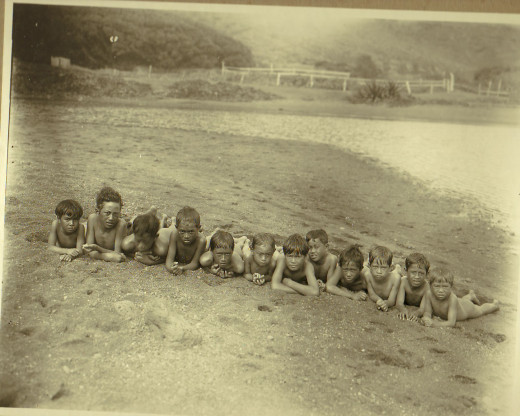
January 05, 1893
It is only a matter of time now. The haoles from the Mainland have taken over all of our government buildings. They are taking over everything. Why isn't Queen Lili'oukalani doing anything about this invasion? Many Hawaiians are very angry, and they want to rebel against the haoles who are invading our land. I know that there are many more of them than there are of us. A fight won't stop them from taking what they want. I don't want to see any fellow Hawaiians die, even if they are defending what is rightfully ours. It seems wrong to just allow this to happen, but what can we do? There are so many of them and more are arriving every day.
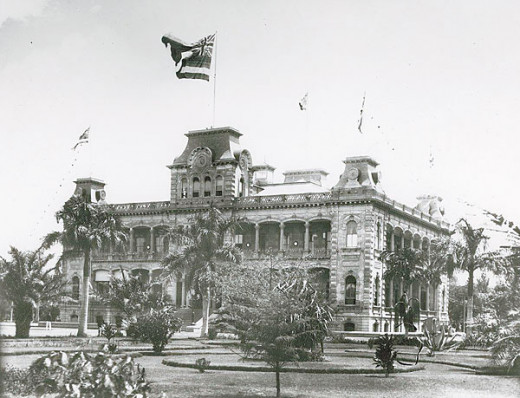
January 17, 1893
The Queen has officially surrendered her throne to the United States. I knew that it was coming, but it still seems surreal. I don't think it's right, but I guess there is not much anyone can do. I wonder what is going to happen now? I went to the beach today with my cousins and there were large ships with American soldiers. I wonder what kind of changes there will be now that the monarchy has turned Hawai'i over to the white men from the Mainland. No matter what happens, Hawai'i is our home, and we are not going to abandon our home.
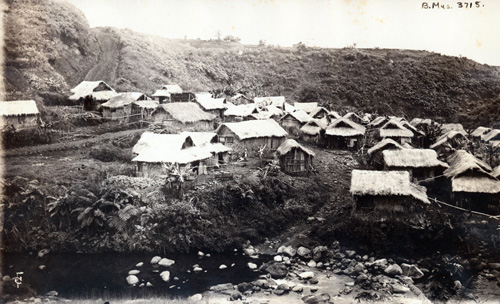
The Aftermath...
In 1895 Hawaiians who were loyal to the Queen staged a revolt in an effort to restore the throne to Queen Lili'oukalani. The revolt was futile and as a result Queen Lili'oukalani was imprisoned in her own home of I'olani Palace as an attempt by U.S. officials to prevent further rebellion by the Hawaiian people.
American and European men got their wish and took control over the economy and business aspects of Hawaiian plantations.
Hawaii was annexed to the United States in 1898 and became a territory in 1900.
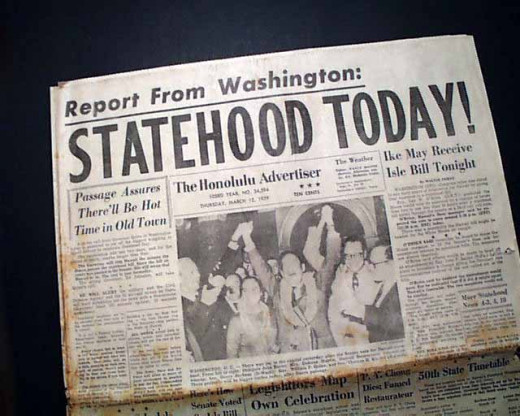
Hawaii- The 50th State
On August 21, 1959, Hawaii became the 50th state and the 585,000 people who called Hawaii home became citizens of the United States. Hawaii was the first island state. There was some heavy debate as to whether or not Hawaii should become a state, but Hawaii became a state nonetheless. Some argued that there was too much racial diversity in Hawaii for it to be a good fit for the United States. In 1959 Hawaii consisted of 35 percent Japanese, 25 percent Caucasian, 18 percent Hawaiian, 12 percent Filipino, 6 percent Chinese and 4 percent mixed or other races.
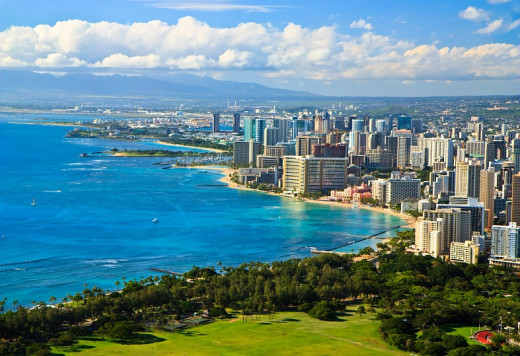
Hawaii now...
People who visit Hawaii are often attracted to the unmatched beauty of the island paradise. The history of Hawaii and it's journey to statehood are often not even considered by the masses of people who flock to the Islands each year for vacation. Hawaii's many beaches are now home to high-rise resorts and other tourist attractions. However, you will find that the real history and culture of Hawaii still exists if you take the time to look a little closer.


